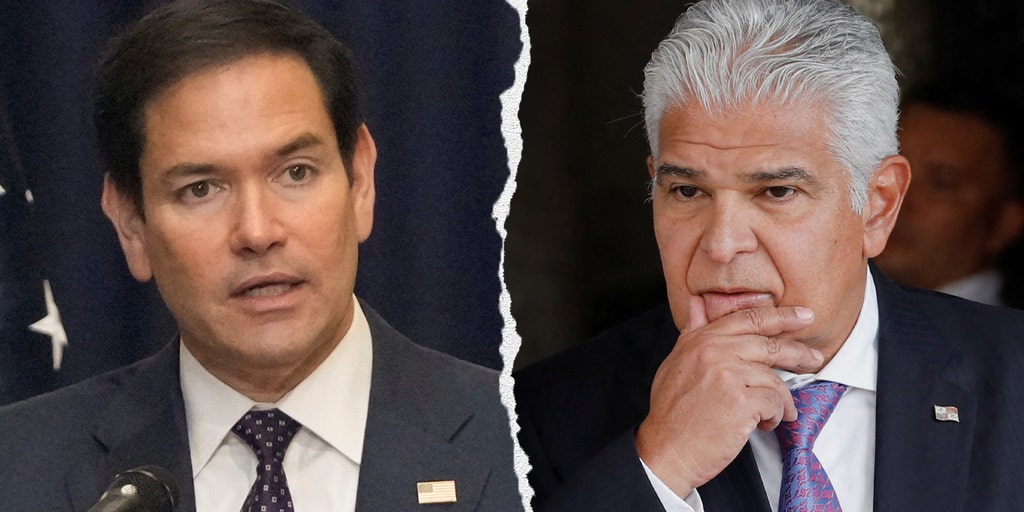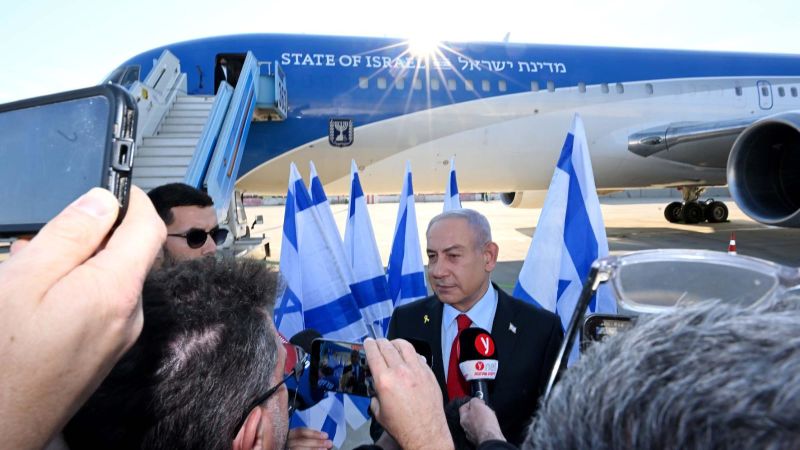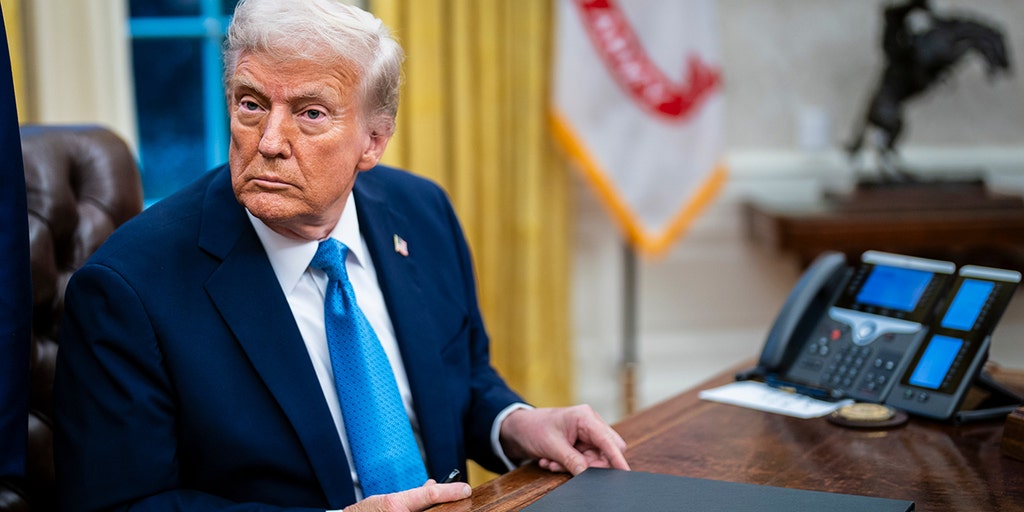Panama's President Ends Development Deal with China Amid U.S. Concerns

Panama's president, José Raúl Mulino, announced on Sunday the termination of a vital development agreement with China after a meeting with Secretary of State Marco Rubio. This decision follows complaints from President Donald Trump regarding China's influence over Panama's significant shipping canal.
Mulino asserted that Panama's sovereignty over the 51-mile canal that links the Pacific Ocean and the Caribbean Sea will remain intact. Nevertheless, he stated that the 2017 memorandum of understanding to align with China's Belt and Road initiative would not be renewed. Instead, Panama aims to collaborate more closely with the United States.
"I think this visit opens the door to build new relations ... and try to increase as much as possible U.S. investments in Panama," Mulino remarked to reporters after his meeting with Rubio, who was on his first international trip since being confirmed as Secretary of State.
Rubio, a former senator from Florida, emphasized his commitment to advancing the U.S. agenda during his visit. He tweeted about the importance of preventing the Chinese Communist Party from expanding its control over the Panama Canal region.
Concerns have been voiced by Trump regarding China's control over the canal, which reportedly charges U.S. ships substantial fees for transit. The canal, completed in 1914 by the U.S. and handed over to Panama, has become a focal point for U.S. foreign policy.
To address these concerns, House Republicans proposed the Panama Canal Repurchase Act, which seeks to authorize the president to negotiate the reacquisition of the Panama Canal. Rep. Dusty Johnson, who introduced the bill, highlighted the strategic risks posed by China's presence in the area.
If enacted, the bill will empower the president, in collaboration with the Secretary of State, to engage with the Panamanian government regarding the potential repurchase of the canal.
According to the U.S. Department of State, approximately 72% of vessels passing through the Panama Canal are destined for or departing from U.S. ports. This highlights the canal’s significance for U.S. national security and commerce.
Beyond the canal discussions, Rubio also addressed issues related to mass migration and fair competition for U.S. businesses in the hemisphere.
















